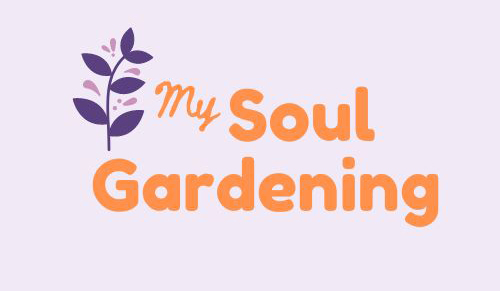Have you ever had the experience of coming face to face with something you don’t like about another person, and suddenly feeling passionate that you want to cut ties with that person, or thinking that they are a ‘bad person’ and wanting to get away from them?
The psychological principle behind maintaining a balanced and ‘whole’ understanding of a person, despite if they do something at the moment that you don’t like, is known as ‘whole object relations’.
The definition of whole object relations is:
This is the ability to form an integrated, realistic, and relatively stable image of oneself and other people that simultaneously includes both liked and disliked aspects and also strengths and flaws.
Elinor Greenberg (2019)
In my experience, it doesn’t just relate to people, but it can even extend to areas of your life like your career. It is so interesting to consider how the same principle may conspire to encourage you to ‘abort mission’ on so many people, interests and activities.

How to develop this skill as an adult?
The good news that there are some activities developed by Dr Greenberg that allows you to develop whole object relations, and a more balanced esteem of people and interests.
An emotional scrapbook, where you collect positive images of the person in question (or the interest), that remind you of good times that you shared, and positive qualities about that person is helpful. You can do this physically, or as mental images in your mind, depending on what appeals to you more. Whatever process you choose, you should run through the images in your mind or focus on the images in your physical scrapbook, until you can remember each one and you can bring them to mind easily.
Then the next time you have one of these mental negative experiences, and you start to trash the person (or career choice, for example), you can say ‘stop!’ in your mind, and run through the positive images in your mind.
Particularly helpful in relationships
Dr Greenberg also suggests another activity that might help and that is to list out a persons (often your partner’s) good qualities while you are in a loving mood. You should read the list everyday, at least once, so that it comes to mind easily. Then when you find yourself starting to see only your friend, intimate or partner’s bad side, you can read through the list. If you can emotionally engage with the items, it should help you to see your partner as a whole person and not as ‘all bad’.
There are other methods, that you can try with your therapist or psychologist, and these methods can help to re-parent, or to provide you with the emotional infrastructure to see people and things in a balanced manner.
It requires practice and persistence
Like all good psychological tools, these activities will require you to practice, over and over. However, if you are someone who has this problem, you will notice with practice that you are more able to develop whole object relations. Dr Greenberg suggests that the result of this will be that you have a more stable self-image and relationships.
Even if you aren’t diagnosed with a personality disorder, or believe yourself to have one, this psychological principle can help you if you find yourself moving from relationship to relationship, (or career to career), every time you see a challenging side to the person in your life, or your career passion.
References:
Greenberg, E, 2019, How do you develop whole object relations as an adult? Psychology Today, viewed 23rd April 2020 < https://www.psychologytoday.com/us/blog/understanding-narcissism/201902/how-do-you-develop-whole-object-relations-adult >
Image credits:
Image by C a s t o rcito is licensed under CC BY-NC-ND 2.0
“sunday scrapbook” by skinnylaminx is licensed under CC BY-NC-ND 2.0


Leave A Comment